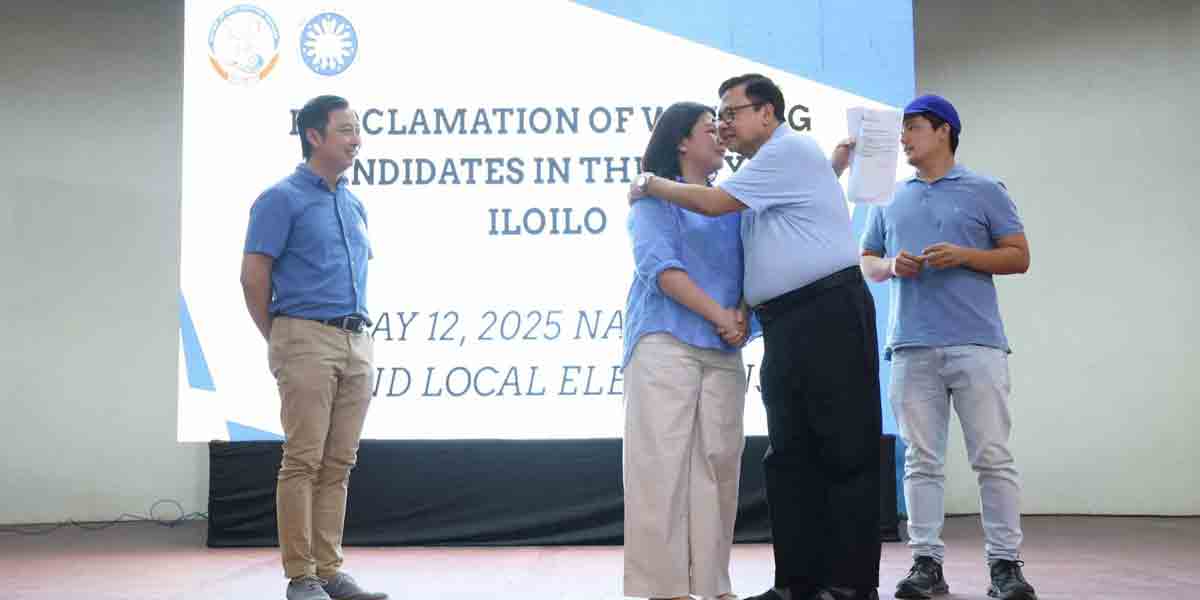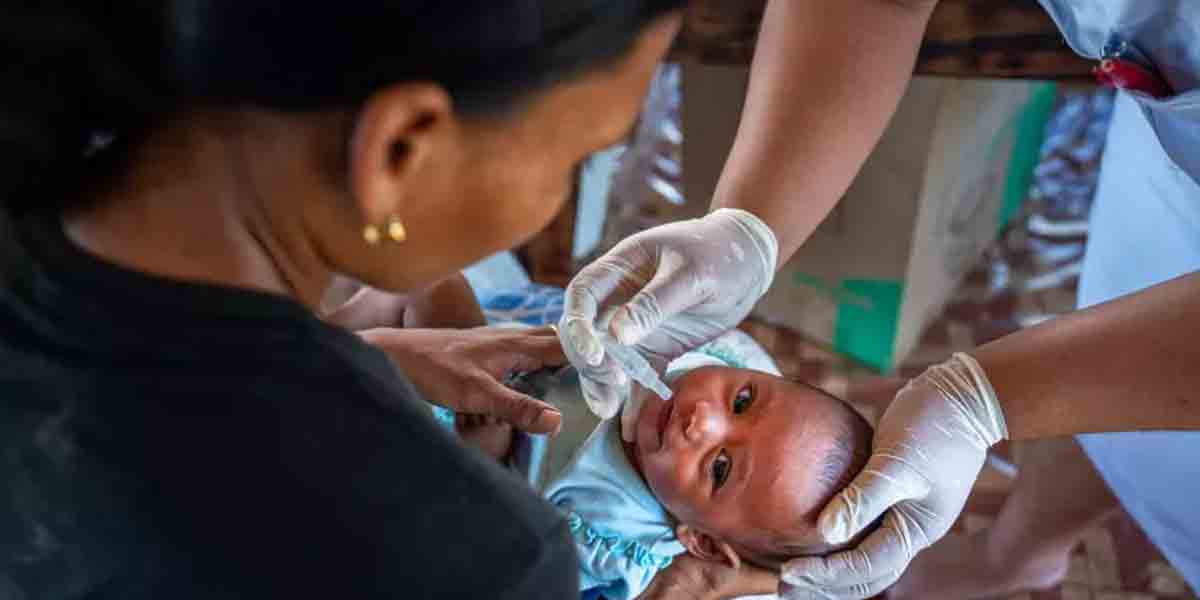By Alex P. Vidal
“The thing about tourism is that the reality of a place is quite different from the mythology of it.”—Martin Parr
FILIPINOS who have traveled abroad can attest to the fact that most foreigners they met who have visited the Philippines really love our country primarily because of its unique topography and natural resources like the beautiful islands, hills, waterfalls, beaches, among other breathtaking tourist spots.
Most of all, because of the Filipinos’ warmth affection; and also many of us—with or without a college degree—really speak fluent or good English. In a scale of one to ten, we instantly get nine with flying colors.
We also have the best hotels and shopping centers; the Philippines, for a while, is the mecca of international conventions, sports conclaves, and concerts by world class bands and entertainers.
But when the discussion shifts to the government—or how the government is being managed, we sorrily spiral downward.
Many foreigners are aware what’s going on in the Philippine government and the quality of public officials we elect every election.
Aside from what they have seen on the TV networks and read on the newspapers and internet, some foreigners get accurate accounts concerning our state of governance directly from the horse’s mouth: their Filipino spouses.
-o0o-
Many Filipino spouses just can’t tell a lie each time the affairs of our government become a topic even in casual afternoon tete-a-tete.
Even if they smokescreen the obnoxious episodes, the truth can’t be extensively and permanently swept under the rug: we have so many lousy and corrupt politicians, and our system is decrepit or rickety.
Filipino politicians were almost always chiefly to blame if the economy was in tailspin and the major chunk of the budget in the infrastructure projects has been scandalously siphoned to the pockets and bank accounts of serpents and crocodiles and their dummies and inamoratas.
Peace and order situation slightly pulls us up in the tourism approval stanza owing to the iron-fist policy of the previous administration vis-a-vis the criminal and home-grown terrorist elements.
When there are no violent uprisings form both the right and left sides of the political spectrum, the tourism cash registry is always expected to keep ringing.
The changing of the tourism slogan from “It’s more fun in the Philippines” to “Love the Philippines”, however, will not guarantee that the external perception about who and what we are will improve and thus attract more tourists. Mythology is far cry from reality.
Sloganeering can help improve our overall standing in the area of advertisement for travel and leisure, but will have minimal effects in tourism as a whole, or the expectation of a sudden upsurge of beachgoers, kayakers, island hoppers, and mountain hikers like the tourism renaissance being experienced by “Vietnam—Timeless Charm” and “Amazing Thailand”, that have poured millions of resources, infrastructure, and manpower to their reinvigorated tourism industry.
-o0o-
The celebrated Greek doctor Hippocrates postulated that all human emotions flowed from four bodily fluids, or humors: blood (which makes us cheerful and passionate), yellow bile (which makes us hot-tempered), black bile (which makes us depressed), and phlegm (which makes us sluggish or stoic).
Though the good doctor’s humors have given behavioral scientists a nice structure for examining personality types (sanguine, choleric, melancholic, and phlegmatic), the idea that our bodily fluids makes us angry, depressed, or elated died out in the 1800s, according to The Fascinating Book of History.
The withering of the Hippocratic belief in humors proved to be good news for patients who were not thrilled with the practice of bloodletting, a process of opening a patient’s veins to lower blood levels in an attempt to bring the humors into balance and cure all manner of mental and physical ills.
Bloodletting, with a knife or with leeches, was an accepted medical practice from the times of the Greeks, Mayans, and Mesopotamians.
It was going strong at the end of the 18th century, when George Washington had almost two liters of blood let out to cure a throat infection. He died shortly afterward.
(The author, who is now based in New York City, used to be the editor of two daily newspapers in Iloilo.—Ed)

























